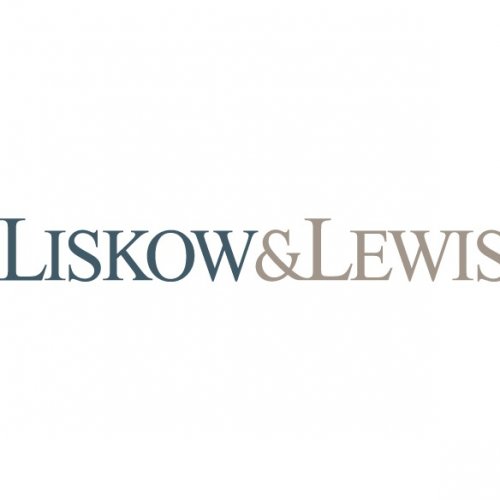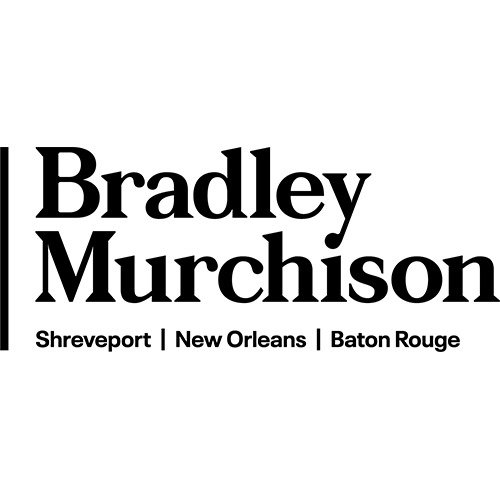Best Tax Increment Financing Lawyers in New Orleans
Share your needs with us, get contacted by law firms.
Free. Takes 2 min.
List of the best lawyers in New Orleans, United States
About Tax Increment Financing Law in New Orleans, United States
Tax Increment Financing (TIF) is a public financing method that is used as a subsidy for redevelopment, infrastructure, and other community-improvement projects. In New Orleans, TIF is designed to stimulate economic development by capturing the future tax benefits of public improvements and channeling them to private developers and other stakeholders. TIF helps bridge financing gaps in projects that may not proceed without public intervention due to the high costs or financial risks involved. The process involves designating a TIF district where a portion of the tax revenue generated from increased property values is reinvested back into the area for continued improvement.
Why You May Need a Lawyer
Individuals and businesses considering or involved in TIF may require legal advice for several reasons. Legal expertise is crucial in navigating the complexities of tax laws, understanding eligibility criteria, negotiating TIF agreements, and ensuring compliance with local regulations. Common situations where legal help is beneficial include:
- Determining TIF eligibility for a development project.
- Understanding the financial implications and commitments involved in TIF agreements.
- Negotiating with local authorities and other stakeholders to secure TIF funding.
- Ensuring compliance with local zoning and land use regulations.
- Addressing disputes or legal challenges related to TIF projects.
Local Laws Overview
In New Orleans, TIF is governed by a combination of state laws and local ordinances. Key aspects of these laws include:
- Definition and establishment of TIF districts, which are specific areas designated for development purposes.
- The requirement for a redevelopment plan that outlines the intended improvements and their expected impact on the community.
- The role of public bodies, such as the City Council or the Economic Development Authority, in approving and overseeing TIF projects.
- Guidelines for the calculation and allocation of incremental tax revenue generated within TIF districts.
- Transparency and public involvement in the decision-making process, including public hearings and stakeholder consultations.
Frequently Asked Questions
What is the purpose of a TIF district?
A TIF district is created to channel the benefits of increased property values and tax revenue into funding redevelopment projects, infrastructure improvements, and other public benefits within the designated area.
Who can initiate a TIF project in New Orleans?
TIF projects can be initiated by local government bodies, developers, or other interested parties who see potential for redevelopment and can demonstrate how the project will benefit the community.
How long does a TIF district remain active?
TIF districts in New Orleans typically remain active until the project objectives are met or the agreed-upon period expires, commonly ranging from 15 to 30 years.
How is the "increment" in tax increment financing calculated?
The increment is calculated by assessing the difference between the property tax revenue generated before the TIF district was established and the revenue generated after improvements are made.
Can TIF funds be used for any type of project?
No, TIF funds are typically restricted to projects that meet specific public benefit criteria, such as enhancing infrastructure, stimulating economic growth, or revitalizing underdeveloped areas.
What happens to the tax revenue if the TIF project does not generate expected outcomes?
If the project does not generate the anticipated additional tax revenue, the TIF agreement may need to be renegotiated or adjusted to address shortfalls in financing.
Are there risks involved in participating in a TIF project?
Yes, potential risks include financial gaps if projected tax increments are not realized, legal challenges, and non-compliance with TIF regulations and development plans.
How can a lawyer assist in the TIF process?
A lawyer can provide legal advice on eligibility, help negotiate TIF agreements, ensure compliance with laws, and represent parties in legal disputes related to TIF projects.
Can existing businesses within a TIF district benefit from TIF funding?
Yes, existing businesses may benefit indirectly through improvements in infrastructure, increased customer traffic, and enhanced economic activity stemming from the redevelopment efforts.
How does public involvement factor into TIF projects?
Public involvement is crucial for transparency and accountability. Stakeholder consultations and public hearings are typically required to ensure community support and input into TIF projects.
Additional Resources
For more information about TIF in New Orleans, consider contacting the following resources:
- The New Orleans City Council, which often plays a role in the approval and oversight of TIF projects.
- The New Orleans Economic Development Authority, which provides guidance and support for development initiatives.
- Legal firms in New Orleans specializing in real estate development and municipal law.
- Local business associations and chambers of commerce, which may offer networking and informational resources.
Next Steps
If you require legal assistance with a TIF project in New Orleans, consider the following steps:
- Consult with a lawyer who specializes in tax increment financing and local development laws in New Orleans.
- Gather all relevant documentation and details about your intended project, including financial projections and impact assessments.
- Engage with local governmental bodies early in the process to understand their requirements and expectations.
- Attend public hearings and participate in community engagement efforts to understand stakeholder perspectives and build support for your project.
Lawzana helps you find the best lawyers and law firms in New Orleans through a curated and pre-screened list of qualified legal professionals. Our platform offers rankings and detailed profiles of attorneys and law firms, allowing you to compare based on practice areas, including Tax Increment Financing, experience, and client feedback.
Each profile includes a description of the firm's areas of practice, client reviews, team members and partners, year of establishment, spoken languages, office locations, contact information, social media presence, and any published articles or resources. Most firms on our platform speak English and are experienced in both local and international legal matters.
Get a quote from top-rated law firms in New Orleans, United States — quickly, securely, and without unnecessary hassle.
Disclaimer:
The information provided on this page is for general informational purposes only and does not constitute legal advice. While we strive to ensure the accuracy and relevance of the content, legal information may change over time, and interpretations of the law can vary. You should always consult with a qualified legal professional for advice specific to your situation.
We disclaim all liability for actions taken or not taken based on the content of this page. If you believe any information is incorrect or outdated, please contact us, and we will review and update it where appropriate.














